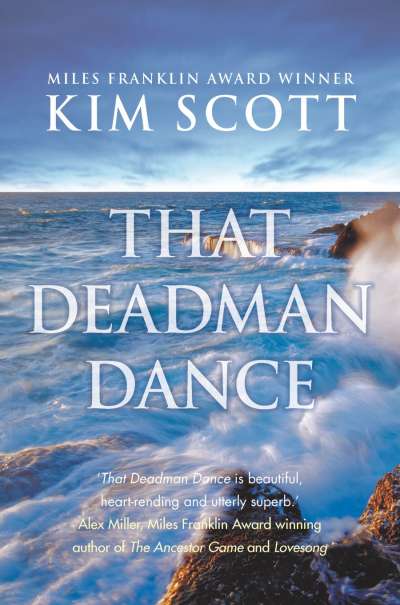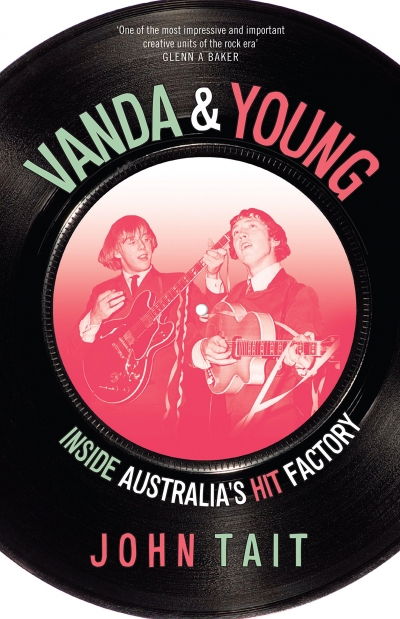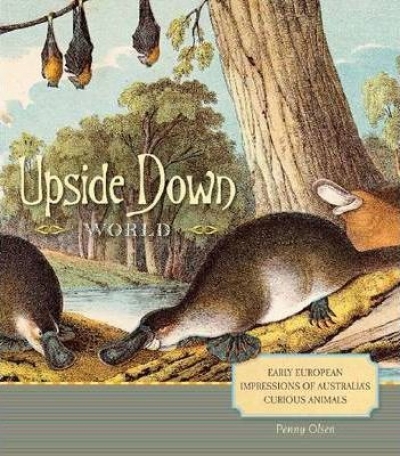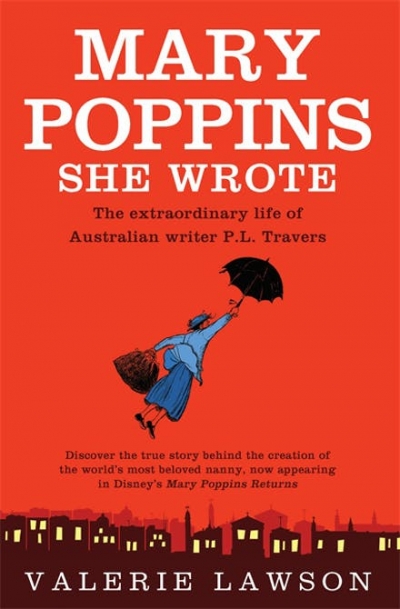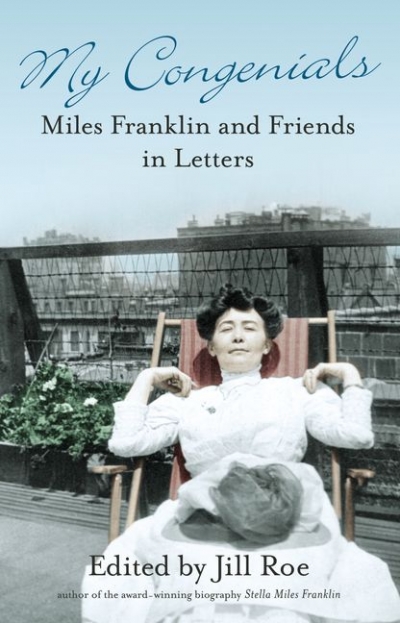Archive
Film | Theatre | Art | Opera | Music | Television | Festivals
Welcome to ABR Arts, home to some of Australia's best arts journalism. We review film, theatre, opera, music, television, art exhibitions – and more. To read ABR Arts articles in full, subscribe to ABR or take out an ABR Arts subscription. Both packages give full access to our arts reviews the moment they are published online and to our extensive arts archive.
Meanwhile, the ABR Arts e-newsletter, published every second Tuesday, will keep you up-to-date as to our recent arts reviews.
Recent reviews
Vanda and Young: Inside Australia’s Hit Factory by John Tait & Behind the Rock and Beyond: The Diary of a Rock Band, 1956–1980 by Jon Hayton and Leon Isackson
'Alpha and Omega' Nathan Hollier on the establishment of Monash University Publishing
On 8 September 2010, in the foyer of the Robert Blackwood Hall at Monash University, beneath the beautiful ‘Alpha and Omega’ stained-glass window created by Leonard French and connoting humankind’s endless striving for achievement, Monash University ePress became Monash University Publishing. It was very appropriate that the press should be launched by B ...

